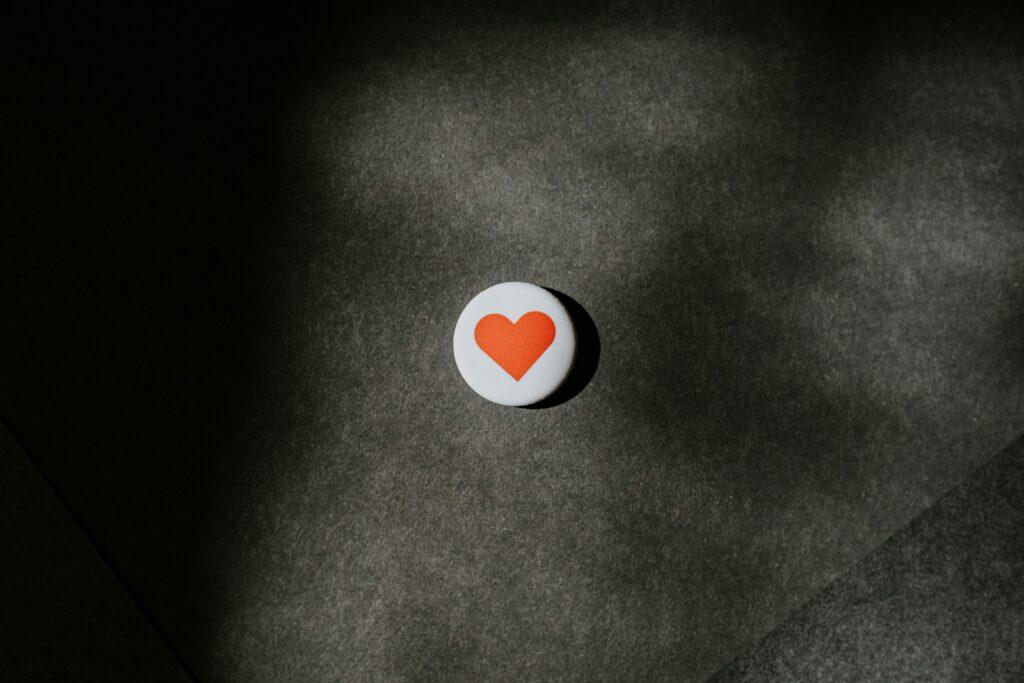
Photo by Kelly Sikkema on Unsplash
Yesterday, I used my phone so much that my thumb started hurting. Not that it stopped me, I simply switched hands so I could continue tapping away.
But if it’s getting to the point that holding a phone is starting to hurt, that’s probably a as obvious a warning sign as any.
This prompted me to do a quick stocktake of the way I’m using my phone. In particular, I looked at all the ways I’m connected. The numbers aren’t particularly pretty. I’m on four different social media apps which I check throughout the day. If I’m honest, I’m scared to know the actual number of times I open each app, because I’m sure it’s probably over 20-30 times in a day.
On top of that, there are at least five additional apps (e.g. WhatsApp / Telegram, but also Discord and Slack + other apps with in-built messaging). Through these I receive message notifications as well. This is without including checking my emails, and before actually considering that I also have work emails and MS Teams notifications as well. How many methods do I need to be notified about something?
Whilst for most people, the feeling of overwhelm would have hit by now – for me I have learnt an efficient system to keep on top of my messages, essentially by replying quickly so that I respond to people in good time. This has certainly helped my workflow with emails, and I’ve simply taken the principle to my messaging as well. And whilst this has been effective, it has also made me a message responding machine with an insatiable appetite for more stimulation.
Connecting with people can be very fun, and I’ve been doing it more so than ever. But I’ve been finding that this thirst only gets stronger the more I consume. So when I stop getting messages, my body gives me a feeling of anxiety. This is the definition of an addiction.
Like any addiction, the constant need for a new hit can be incredibly hard to resist. I did a short experiment of turning my phone off to see how I would feel – turns out not great: it really put into perspective how many times I reach for my phone without really thinking about it.
This is having a wider impact on my life. I feel more tired in my body, most likely because I’m not resting as well as I could have. My brain is far less clear and more reactionary than it otherwise would be. It’s hard to have peaceful thoughts in this state.
I’ve also been finding it extremely challenging to not get bored recently. I feel the physical pain of anxiety when I do not have a replacement for the stimulation I get. This means that even doing genuinely fun things like playing on my Playstation can feel boring because the dopamine hits aren’t as intense as receiving messages from someone.
So like many people in the modern age, it’s a moment to reevaluate my connection usage. I think it’s also about being honest with myself that going cold turkey – i.e. a complete disconnect – will probably be too intense for me at the beginning, especially if there’s not another thing to stimulate me in its place.
Small habits can really make a difference, and I can even tell the difference between connecting to the internet on my laptop compared to my phone. Whilst using my laptop has a certain level of intentionality, my phone is so easy to use, that it is almost dangerously so. I can simply pick it up whenever I want, and do so without thinking. Considering I use it for so many different functions too, it can mean that the behaviour for checking on notifications and social media can become automatic even when I wasn’t meaning to.
This is despite me generally keeping my phone on silent & reduced notifications – I have no idea how anyone can live with actual regular messaging alerts. It’s the first thing I turned off when I got a new phone!
Social media is probably the most apt example of modern day self-discipline training. Whilst I respect certain people for steering clear of it all together, I think there are many benefits that I enjoy in my life with it. Yet it is also addictive, so it is important to keep it in check.
Properly managing connection can leave you feeling better, and for many people I know it would actually mean that they are more responsive too. Many people check their messages when they are too tired to actually respond, which actually leads to more disconnection.
So if you’re reading this, I invite you to take this as a prompt to examine your own social media and messaging uses.
There’s nothing revolutionary in what I’m saying. You know it. I know it. But it’s probably time to have a look at it nonetheless.